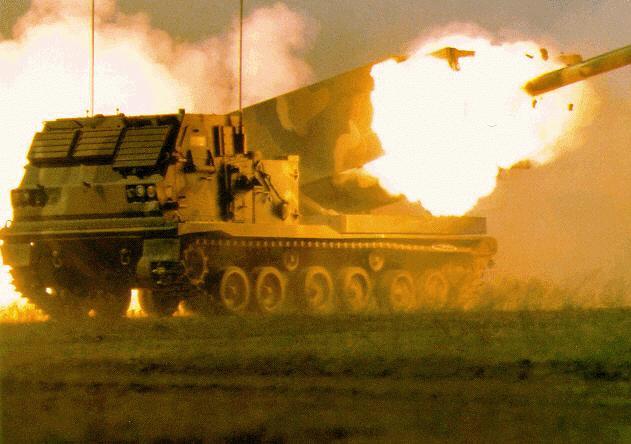 An interesting starting point is Bush's speech of the importance of the war on terror. For a fine analysis of the instinctive and wrong left and right reactions to the basic challenge see Barnett's great post. The speech is interesting here not so much for what he said but for the reasons why he did so. The domestic political logic of the approaching mid-terms is merely a backdrop to (even if it provoked) his speech: Any war fought by a democracy that lasts more than a week is dependent on the good-will of the populace, of its accept of the means used for the ends sought. This equation depends on the larger, more abstract contract between leaders and population. Since the end of the cold war, (especially the Rest of) the West has seen an increase in the willingness among the populations to allow the political leaders to use force.
An interesting starting point is Bush's speech of the importance of the war on terror. For a fine analysis of the instinctive and wrong left and right reactions to the basic challenge see Barnett's great post. The speech is interesting here not so much for what he said but for the reasons why he did so. The domestic political logic of the approaching mid-terms is merely a backdrop to (even if it provoked) his speech: Any war fought by a democracy that lasts more than a week is dependent on the good-will of the populace, of its accept of the means used for the ends sought. This equation depends on the larger, more abstract contract between leaders and population. Since the end of the cold war, (especially the Rest of) the West has seen an increase in the willingness among the populations to allow the political leaders to use force.This increase rests on two important foundations: First, the moral arguments of humanitarian and security driven interventions where the use of force is not merely for self-defensive purposes, but also to the overall benefit of the local populations -- and therefore directed at military and regime targets exclusively. Second, the perceived growth in precision guided ammunition and general military theater dominance has established a contract which builds on the first point in the sense that the means allow for the distinction between civilians and military targets.
But along with this general growth in public acceptance of use of force has come another deep trend. This deep trend is a reaction to the general theatre dominance, first exemplified in the first Gulf War; and consists in a strategic and tactical adaptation of the adversaries towards guerilla and insurgency warfare.
Both the interrogation debate -- and here especially the CIA exception to the new standards -- and the Israeli decision to use the blunt MRLS cluster bombing tactic fly in the face of the political challenge of the Long War. It does so on two fronts: the home front and in the field. It is not possible to uphold the domestic contract between leaders and population of benevolent use of force if significant parts of what we do is exempt from those very standards we propose to bring forth. In the field, the political nature of the use of force in the Long War means that it is equated with counterinsurgency: operations, whether in terms of stabilization including rooting out complete spoilers or reconstruction of political and economic sectors, must be perceived as communication. Abu Ghraib and the IDF choice to leave behind a very large number of unexploded munitions after the firing has ceased are two examples of not getting this fundamental truth.
We therefore face two tasks : political and military leaders need to understand the conditions or rules of the Long War -- but Western publics also need to understand the inherent messiness of use of force. In the field, we must strive to follow our convictions and standards even in the face of an enemy that doesn't comply to these. Public scrutiny and indignation in case of non-compliance have a positive political function here -- and it should be welcomed and addressed. But public scrutiny needs to be coupled with a modified contract between leaders and populace in the West, based on a better understanding that the use of force will entail deathly mistakes -- and a willingness to spend: it will be costly to comply with both the technology-driven precision-based use of force, and the enlarged agenda of stabilization & reconstruction, which must segue into ambitious development policy for the transition process to post-conflict proper to work.
No comments:
Post a Comment